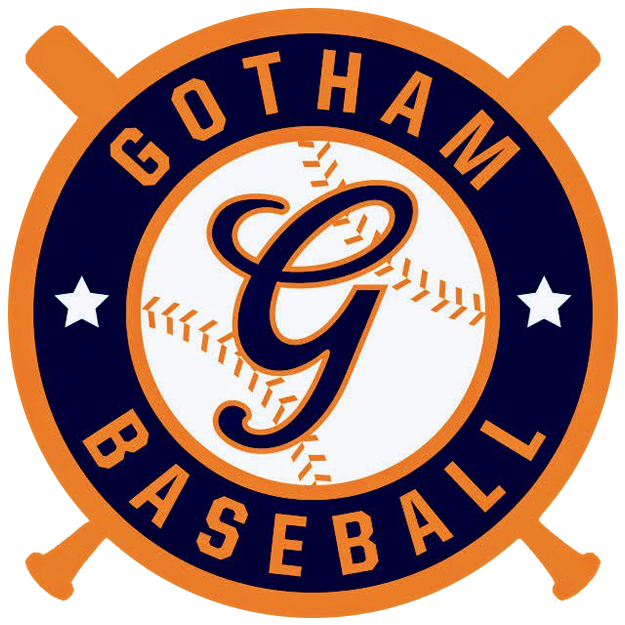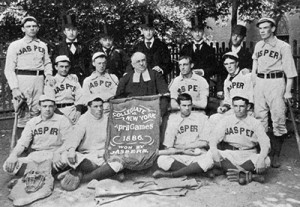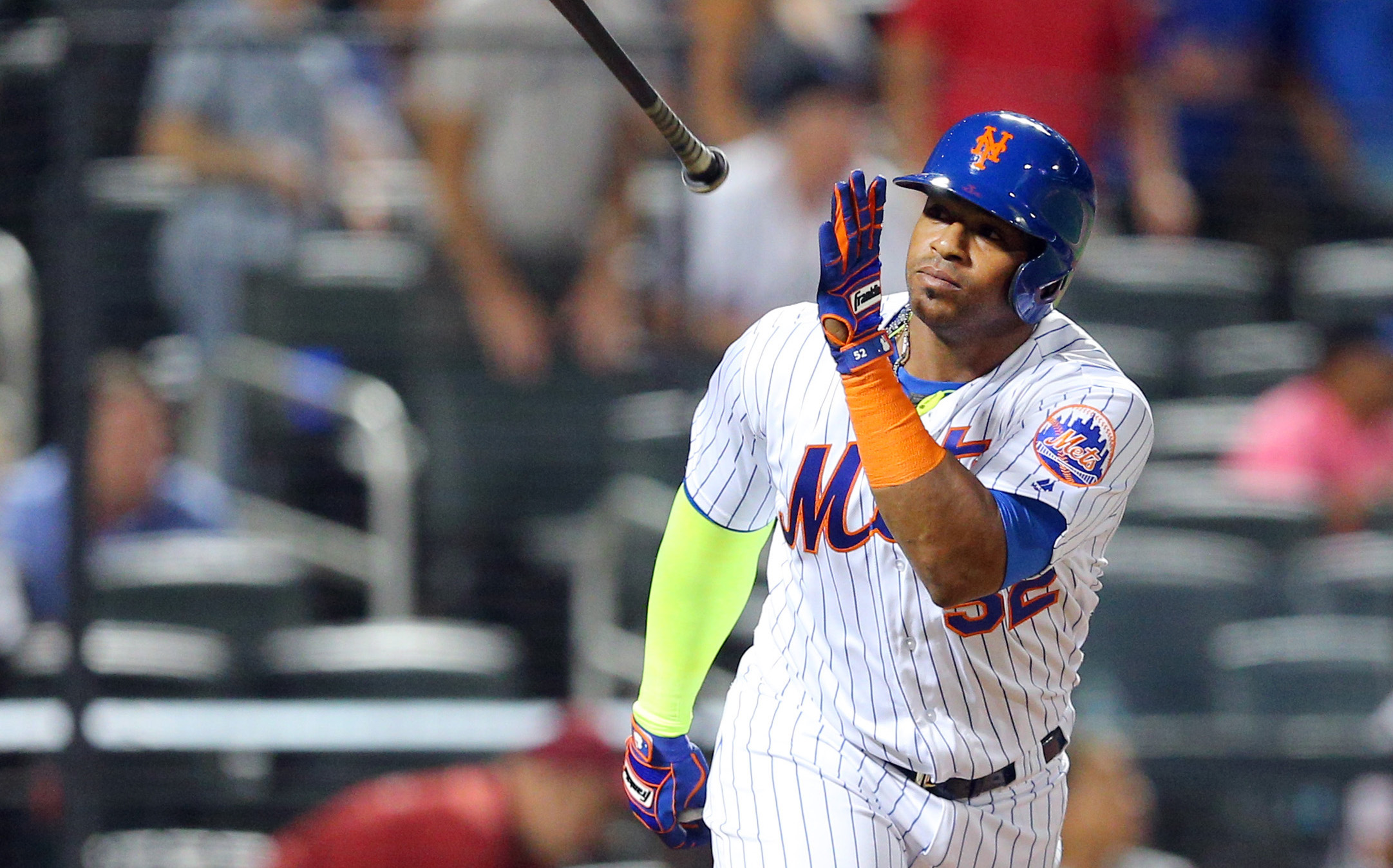Mariano Rivera’s career seemed to be heading on a different path, one that did not include donning the pinstripes.
During the 1995 season, the New York Yankees had made the playoffs as the first American League Wild Card winner, however, Rivera did not play a part in getting there. The then 25-year-old rode the bench, receiving rare chances while not taking advantage of the times he did.
His 5.51 ERA said it best — he was a failed starter, one who underwent elbow surgery just three years prior. Being sent to the bullpen was said to be his last chance or in his case, the place where he belonged.
He almost never had the chance to prove it.
There were trade rumblings that the Yankees were going to acquire a veteran shortstop and the price was parting with Rivera. However, the Yankees decided not to go ahead with the trade, a decision that would change the franchise’s fate over the next decade.
After the divisional round loss to the Seattle Mariners, Yankees management showed then manager Buck Showalter the door and hired a perennial loser named Joe Torre. Torre did not know it at the time, but the last member of his bullpen — the long man — was special.
Rivera would be called on to pitch in situations the starter faltered early, and Torre expected him to hold the fort. He did just that and soon pitched his way into a more prominent position, the role of the set-up man for closer John Wetteland.
The 1996 campaign was the debut of a formula, one that soon witnessed Wetteland being supplanted by Rivera the very next season. From then on, it’s history.
From the 1997 season to the present day, Rivera has been the best closer in all of baseball, a weapon no other team could match late in games. However, what is it that sets Rivera apart from the rest?
Simply put, Rivera changed the game of baseball like great pitchers before him. Bruce Sutter was also a struggling starter, one who was banished to the bullpen, but while there he developed a pitch that would change his career and many after him.
The pitch: a splitter. Sutter used the splitter to record 300 saves en route to a Hall of Fame career. The splitter helped pitchers lengthen their careers, most notably Roger Clemens. Rivera and his cutter have down the same.
The cutter is now an essential pitch to any pitcher’s repertoire. A fastball that moves at the very last second, darting away from the barrel of the bat and recording outs.
It can be argued that Rivera also made the Yankees. Many credit Derek Jeter and his clutch play during the playoffs as reasons they now have 27 World Series Championship flags lining their stadium, but would they have them without Rivera?
The answer is a resounding no.
Rivera’s dominance in the postseason has been well-documented and is stuff of legend. Elite players pick up their game when everything is on the line and his 0.71 ERA in 94 postseason appearances says everything.
When the final three outs needed to be recorded, Rivera is as close to unhittable in the playoffs as one can be. Being named the MVP of multiple playoff rounds shows the impact he can have.
When “Enter Sandman” blares over the speakers, 54,000 people erupt and the opposing dugout lets out a collective groan.
Rivera gives the Yankees a psychological edge, representing an aura of invincibility.
As Rivera recorded his historic 602nd save, one must realize his significance to the Yankees success. Without Rivera, the Yankees dynasty may never have been realized.
When he decides to retire, it will be a dark day for Yankee fans. Until then, sit back and watch history play itself in front of you, one pitch, one strike and one out at a time.
There will never be another like him. Enjoy his brilliance while you can.
Ryan Lazo is a Senior Writer for baseballdigest.com. He can reached at RMLazo13@gmail.com, followed on Twitter @RMLazo13 and read his blog Artificially Enhanced.


